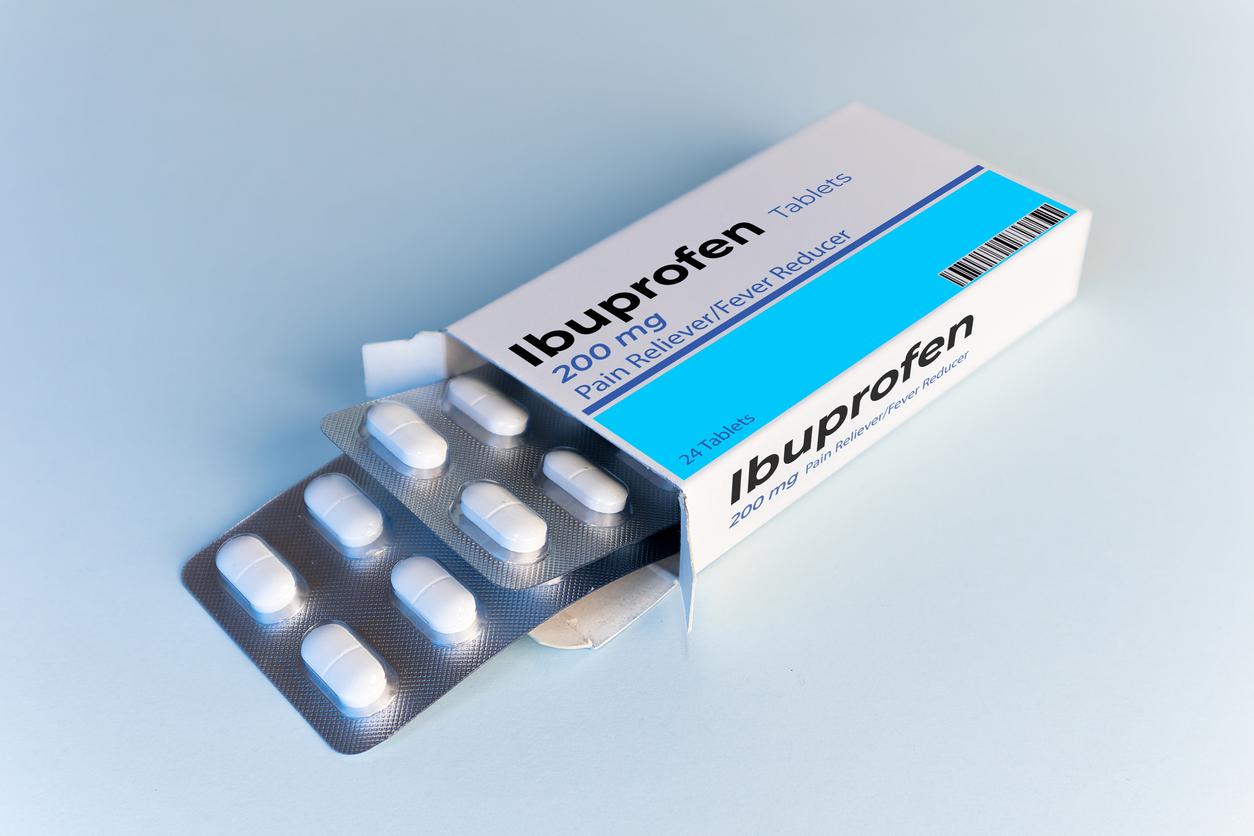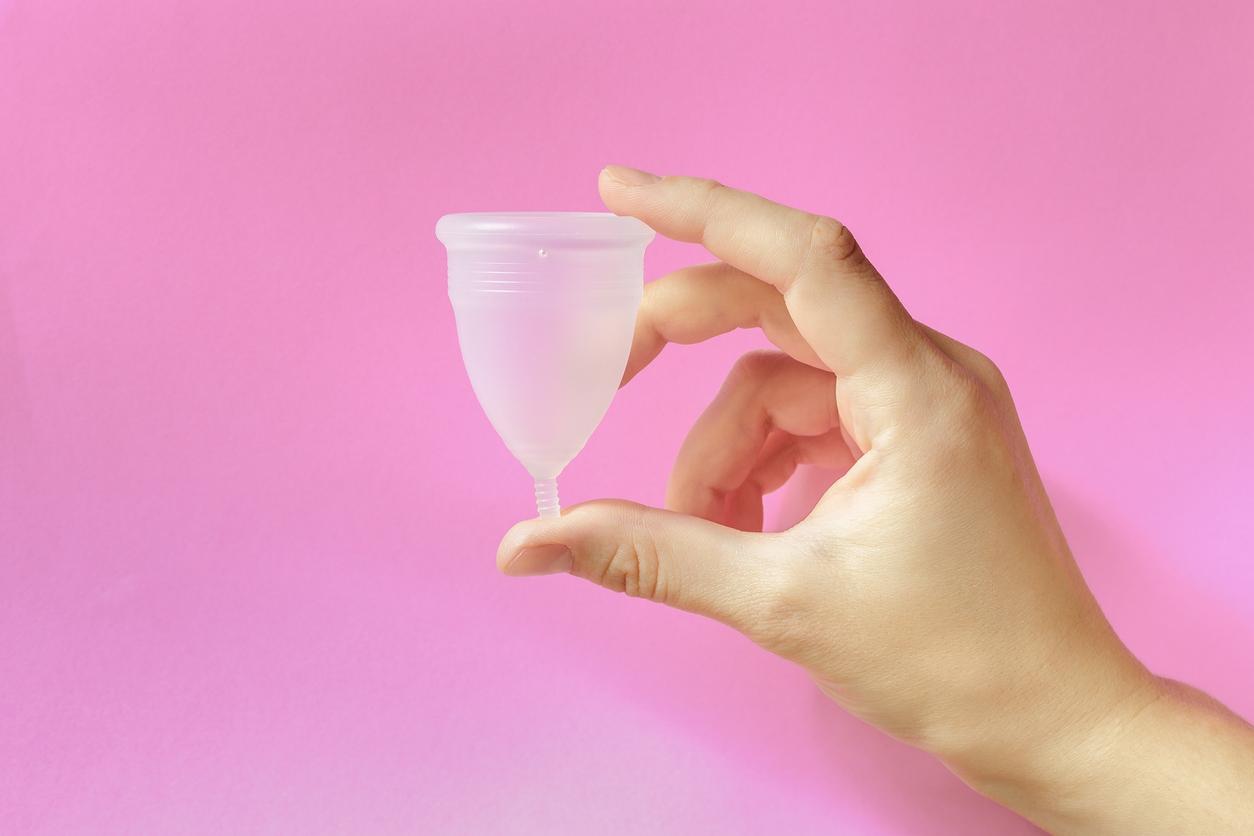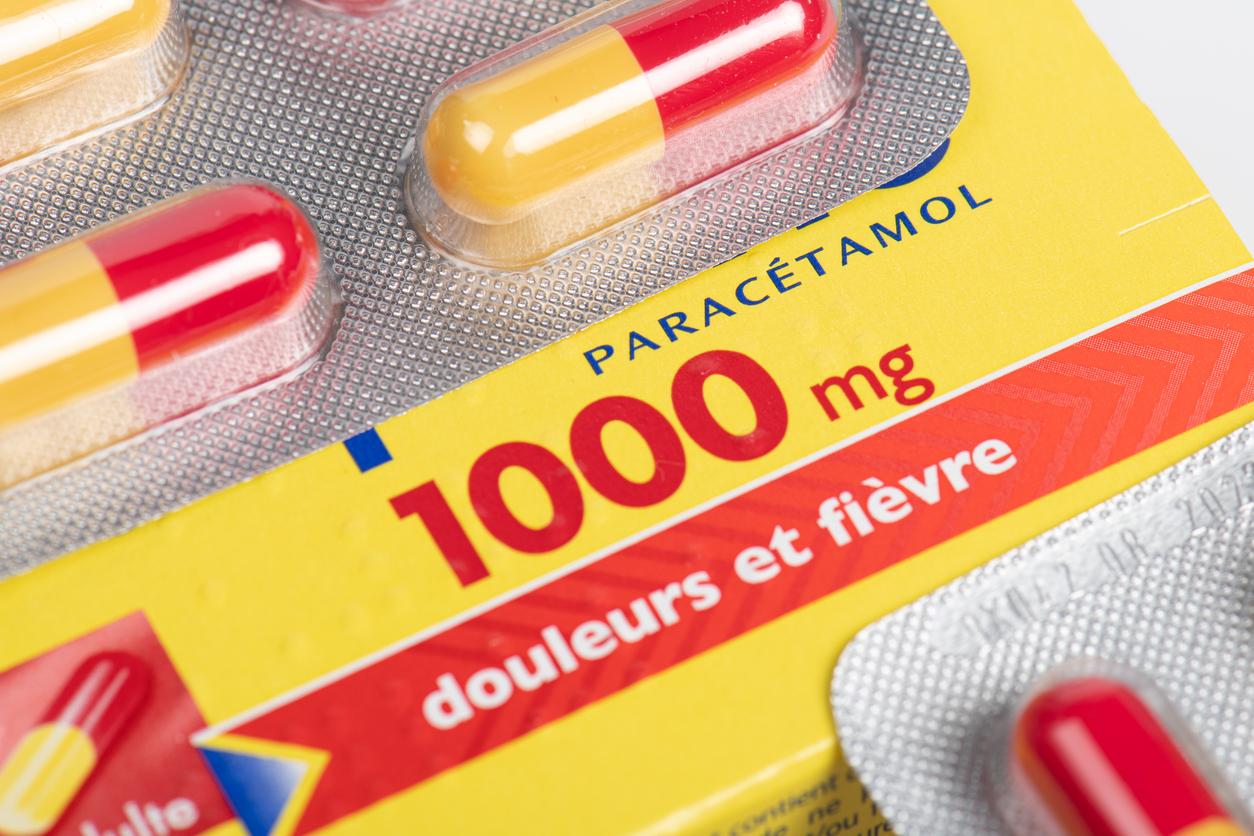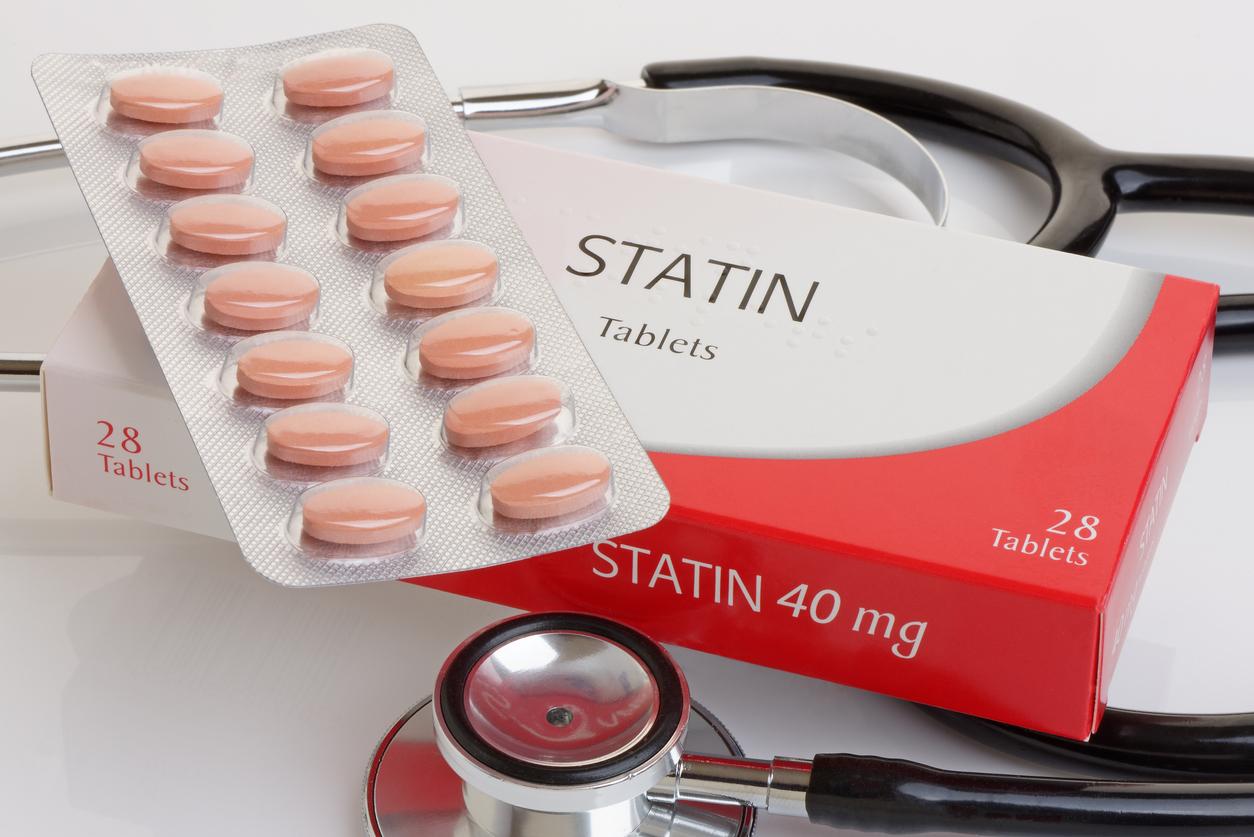Researchers have demonstrated that the drug glucarpidase improved the recovery of kidney functions in patients treated with chemotherapy.

- Methotrexate is a commonly used chemotherapeutic agent.
- However, it can cause kidney damage and complications to patients.
- Researchers found that the drug glucarpidase improved the chances of kidney function recovering in patients treated with methotrexate.
Methotrexate (MTX) is widely used in chemotherapy because of its effectiveness against cancer cells. However, at very high doses, the molecule is not kind to the kidneys leading to serious complications such as acute renal failure, liver toxicity and neutropenia (decrease in white blood cells).
Researchers at Mass General Brigham may have discovered a solution to the kidney toxicity of chemotherapy: glucarpidase.
The performance of this “antidote” was presented in the journal Blood, on January 6, 2025.
Chemotherapy: glucarpidase under the microscope
A drug called glucarpidase is known to quickly convert methotrexate, found in the blood, into inactive metabolites. However, its clinical effects have never been studied. The scientists at Mass General Brigham wanted to erase this gap.
They thus took data from 708 patients treated in 28 American cancer centers between 2000 and 2022 and suffering from kidney lesions. 209 participants received glucarpidase within four days of MTX exposure. The others received no treatment.
The team then compared the two groups’ renal recovery at the time of hospital discharge, by measuring changes in serum creatinine levels. The speed of renal recovery and the incidence of other adverse events, such as hepatic toxicity and neutropenia, were also evaluated.
Glucarpidase: the drug accelerates renal recovery
Analysis of the data collected shows that taking glucarpidase was associated with a 2.7-fold increase in the chances of renal recovery compared to no treatment. The researchers note that members of the glucarpidase group had faster kidney recovery and a lower risk of severe neutropenia or liver toxicity compared to others.
“Glucarpidase is unique because it is one of the few potential antidotes available to counter the high rates of toxicity caused by chemotherapy”says Dr. Shruti Gupta, first author and physician in the Renal Medicine Department at Brigham and Women’s Hospital in a press release. “Although glucarpidase was approved by the FDA in 2012, our study is the first to provide a comprehensive assessment of its potential clinical benefits.”, concludes the expert who hopes that her study will encourage doctors to use glucarpidase in patients with renal toxicity due to MTX.


















